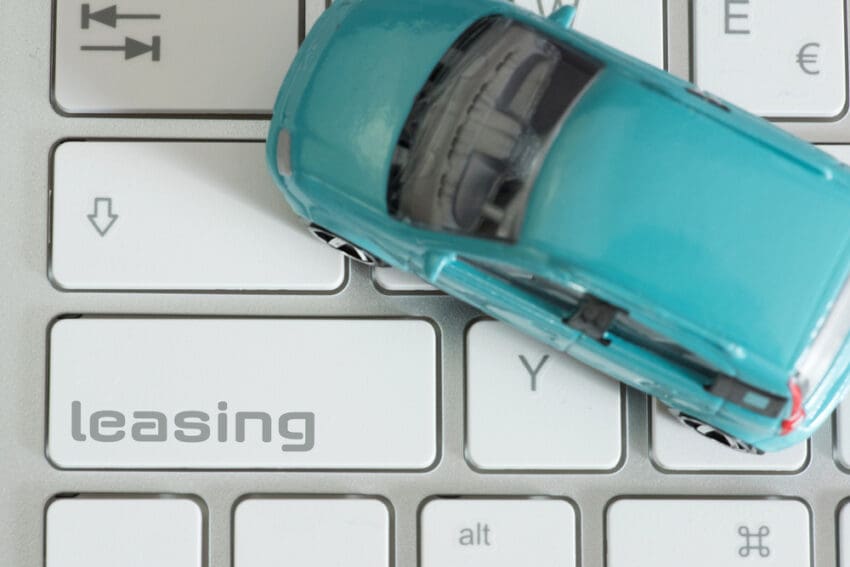How new car tax rules will affect anyone leasing an EV
Next year will see major car tax changes for owners of electric cars.
For the first time ever, EVs will be liable for vehicle excise duty (VED) – commonly known as car tax or road tax – raising the prospect of added costs and complications for existing owners and drivers switching to electric.
How the changes affect you will depend on whether you’ve paid up-front for the car, lease it or have taken out a PCP finance deal. The list price of the car will also have a significant effect, potentially adding hundreds of pounds per year to running costs.
Campaigners, including the UK body representing car makers, have urged the Treasury to rethink the planned change. But with Chancellor Rachel Reeves facing a reported £40 billion shortfall in public spending a reversal is unlikely, leaving drivers facing a confusing new landscape.
To help make sense of the new rules Auto Trader has broken down how drivers who lease their vehicle will be affected by the introduction of VED and the expensive car supplement (ECS) to electric models.
For those leasing a new EV from 1 April 2025, the basic VED will be £10 in the first year, rising to £190 per year after that. More significantly, the ECS will add hundreds of pounds onto that bill for many motorists.
What is the expensive car supplement?
The expensive car supplement, also known as the ‘luxury car tax’ requires owners of new cars with a retail cost of over £40,000 to pay an additional £410 in VED for five years from the second year of ownership.
The tax has been in place since 2017 and, despite its nickname, it applies to a large proportion of the new car market. According to Auto Trader data, the average price of a new car in June 2024 was £42,700 compared with £35,226 in June 2021.
However, EVs are even more likely to be subject to the extra charge as, according to Auto Trader, the average price of a new electric car in the UK is currently £48,000. And the marketplace’s editorial director, Erin Baker, has warned that this could cause a cooling interest in EVs.
She commented: “While it is unlikely that the additional luxury car tax has had much of an impact on people’s car purchase decisions since 2017, this may be about to change. With two thirds of all electric vehicles having a price point of over £40,000 this will make switching to a zero-emissions vehicle less appealing knowing that road taxes are higher, on top of the initial investment.”
Will you be affected by ECS charges if you lease a new electric car?
While the application of this tax to electric cars may stop some buyers from making the switch, it’s important to note that if you lease a car which has a retail price of over £40,000, including an electric car, after 31 March 2025, your tax will be incorporated into your monthly car payment if you have taken out a Personal Contract Hire (PCH) or Business Contract Hire (BCH) lease.
By spreading the yearly tax across each month, this will mean that you will not have to make any additional one-off payments for this road tax, making the payments more manageable. Additionally, as the ECS charge will be incorporated into the advertised price, customers will not need to arrange this themselves.
It is important to note however that if you lease your car on a finance lease, or Personal Contract Purchase (PCP) agreement, the VED will only be incorporated in your monthly payments for the first year. After that, you will be responsible for paying the £190 per year VED.
Baker added: “For drivers that are looking at making the switch to an electric vehicle over the next few years and are concerned about not only the upfront cost as well as the newly implemented vehicle tax costs, car leasing is a good option to consider. Electric vehicles also offer attractive total cost ownerships benefits so they might actually be more economical than a petrol car. Furthermore, as the VED on a new electric vehicle is reduced for the first year, meaning that VED payments will on average still be lower than petrol and diesel cars.”






